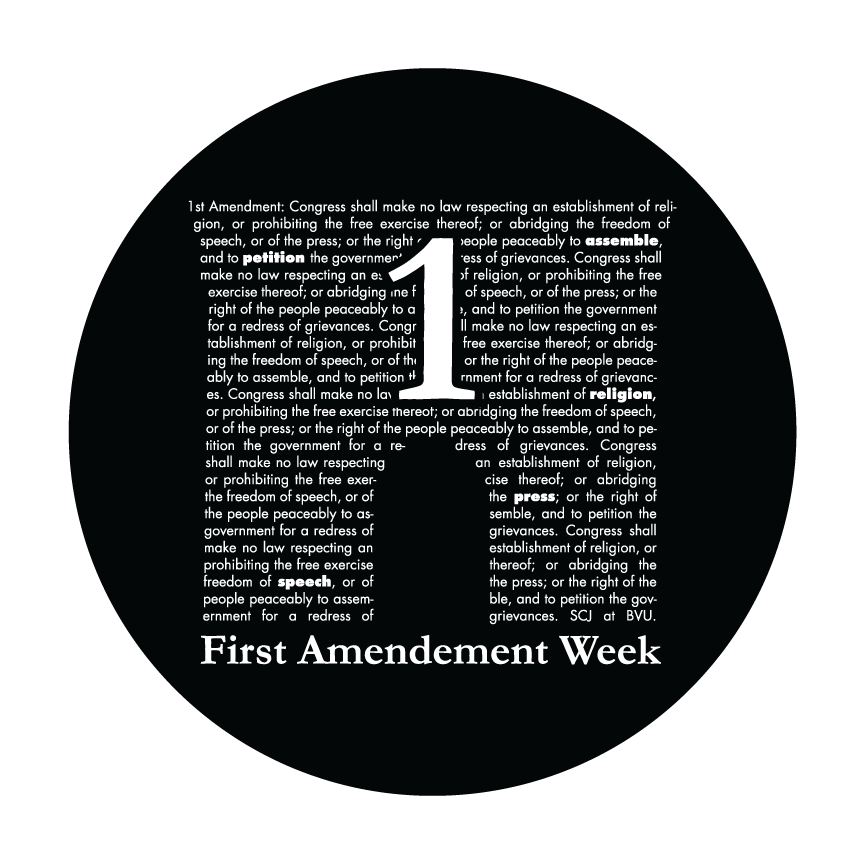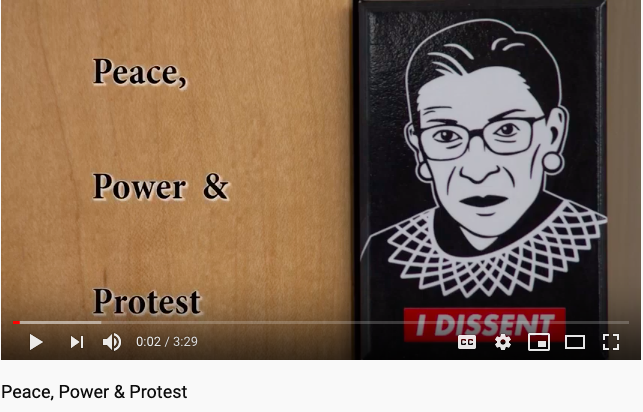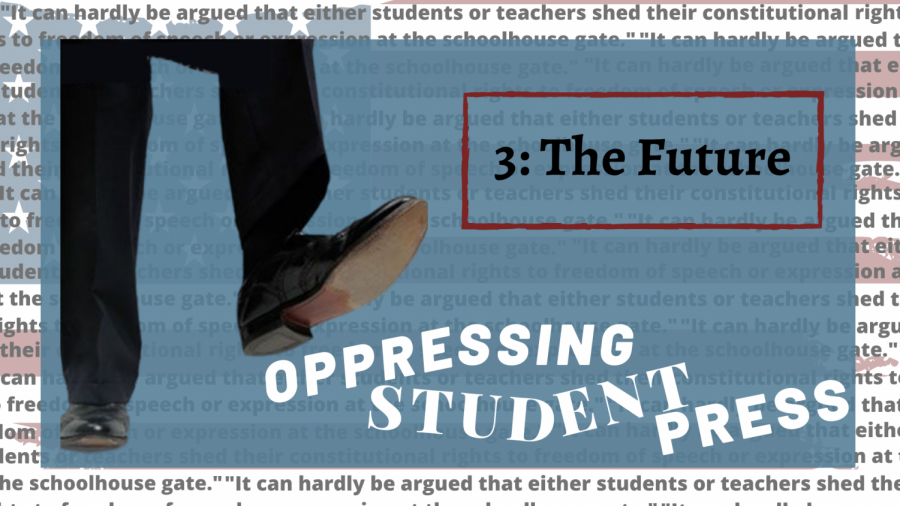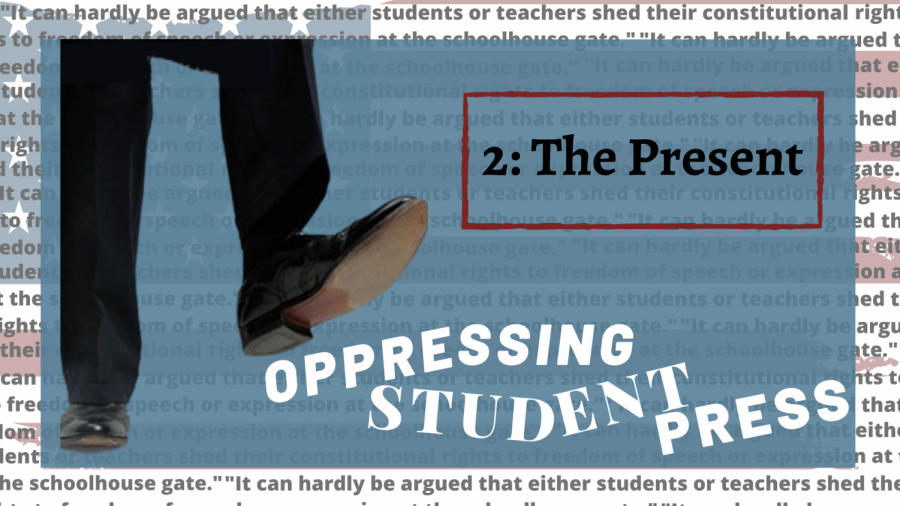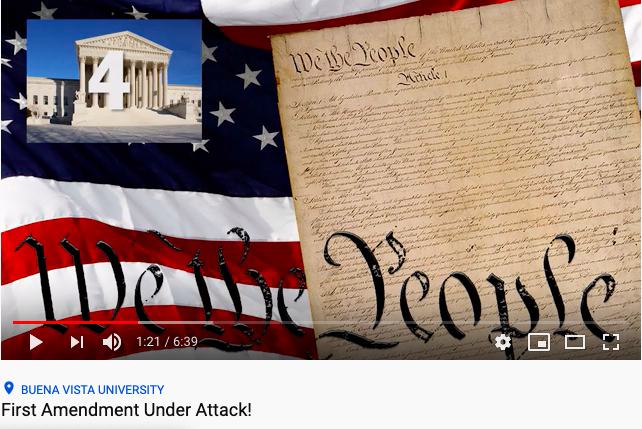Ashley Lemke | Contributing Writer
What if you don’t God? What if you don’t identify yourself as being religious in today’s society? What kinds of social and political issues are associated with not identifying with God? These are the kinds of questions that were asked of two nonreligious students on campus.
 “I identify as an atheist because I believe there is no higher being. I believe there is no chance of a higher being. I believe in science,” senior Vocal Music Education major Kamron Warden expressed.
“I identify as an atheist because I believe there is no higher being. I believe there is no chance of a higher being. I believe in science,” senior Vocal Music Education major Kamron Warden expressed.
“If someone asked me what I believe in, I’d say I’m spiritual. I don’t like religion. My whole family is Christian, and I mean ‘super-Christian.’ In my family, if you don’t follow the bible, you’re a sinner,” explained senior Accounting and Business major Jodi Tish.
The Christmas dinner is a tradition that has been at BVU for many years. All students on BVU’s campus gather for an evening of music, friends, food, and prayer. Attending a religiously affiliated private university can create some challenges for students that don’t identify as religious.
“When it comes to things like the Christmas dinner, I put my head down respectfully during the prayer. I think about the meaning of the prayer and not necessarily the prayer itself. A lot of people center themselves around the church. Some people might find it disrespectful if I don’t bow my head during the prayer at the Christmas dinner,” Warden said.
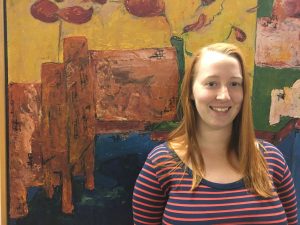 Tish expressed that she felt “awkward” at the annual Christmas dinner when people bowed their heads to pray. “Sometimes I feel pressure to participate in prayer, especially at family gatherings with older adults, even though I’m not comfortable doing so. If we’re going to practice one religion, we should give an opportunity to practice all different kinds of religion. We can’t continue assuming everyone is Christian. I wish people would take others into consideration because not everyone is Christian.”
Tish expressed that she felt “awkward” at the annual Christmas dinner when people bowed their heads to pray. “Sometimes I feel pressure to participate in prayer, especially at family gatherings with older adults, even though I’m not comfortable doing so. If we’re going to practice one religion, we should give an opportunity to practice all different kinds of religion. We can’t continue assuming everyone is Christian. I wish people would take others into consideration because not everyone is Christian.”
There are social roadblocks that may create some discomfort for those who don’t affiliate with a religious group, but there are also political issues that come into play.
“There’s a gap in the understanding that there’s freedom of religion under the first amendment which is the separation of church and state. We need to pass laws in government that are good for the populace and that follow the constitution. For example, congress just denied protection of gay rights in America and many say it’s because of religion. We shouldn’t be talking about what’s right for a certain person’s religion, we should be talking about what’s right,” Warden said.
“We’re a country of many different religions and philosophies and your religion shouldn’t have anything to do with government policy. That’s your personal religion; it should stay that way. You shouldn’t impose that on everyone. We’re not a Christian country by law,” Tish said.
The first amendment protects those who don’t identify with God as well as those who do. We are all protected by our first amendment right to religion, whether we choose to practice or not. Being aware of your religious freedoms is important because we live in a country where people are free to believe what they choose. We, as American citizens, have so many first amendment rights we take for granted. We should all take a moment to appreciate what the first amendment can do for us no matter what we believe.
Stay informed about first amendment issues as they arise in various news media outlets. Engage in tough conversations about the first amendment. We are afforded rights we sometimes take for granted. It’s our duty to stay informed and challenge others on tough issues. Just remember, your religious liberty is protected through the first amendment whether you chose to engage in religious practices or choose not to participate.
Photos by Ashley Lemke
Graphic by Justice Gage



